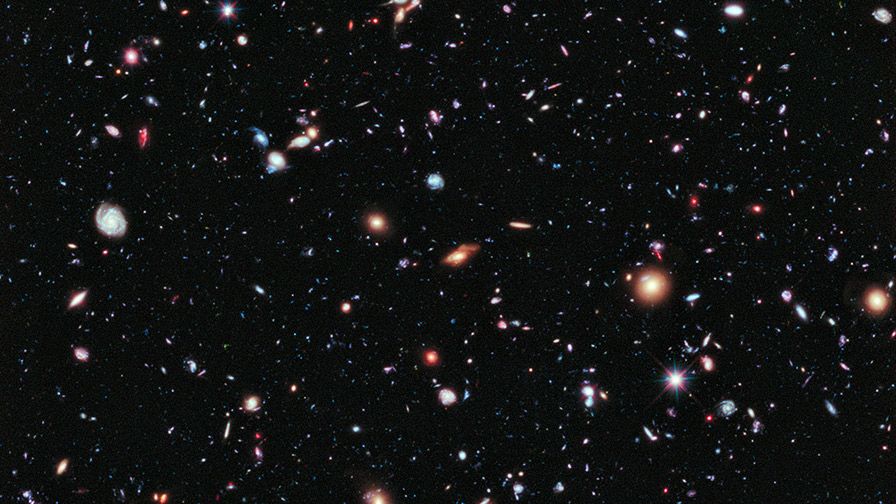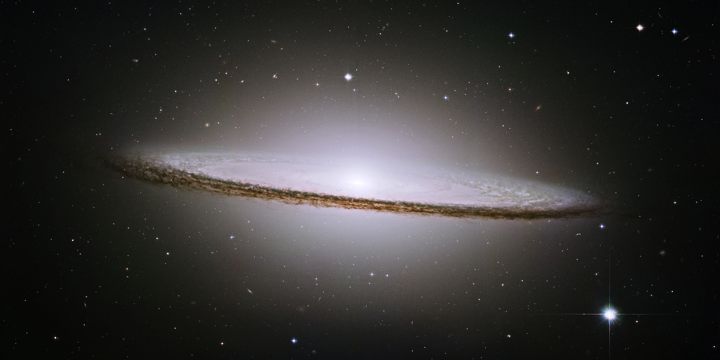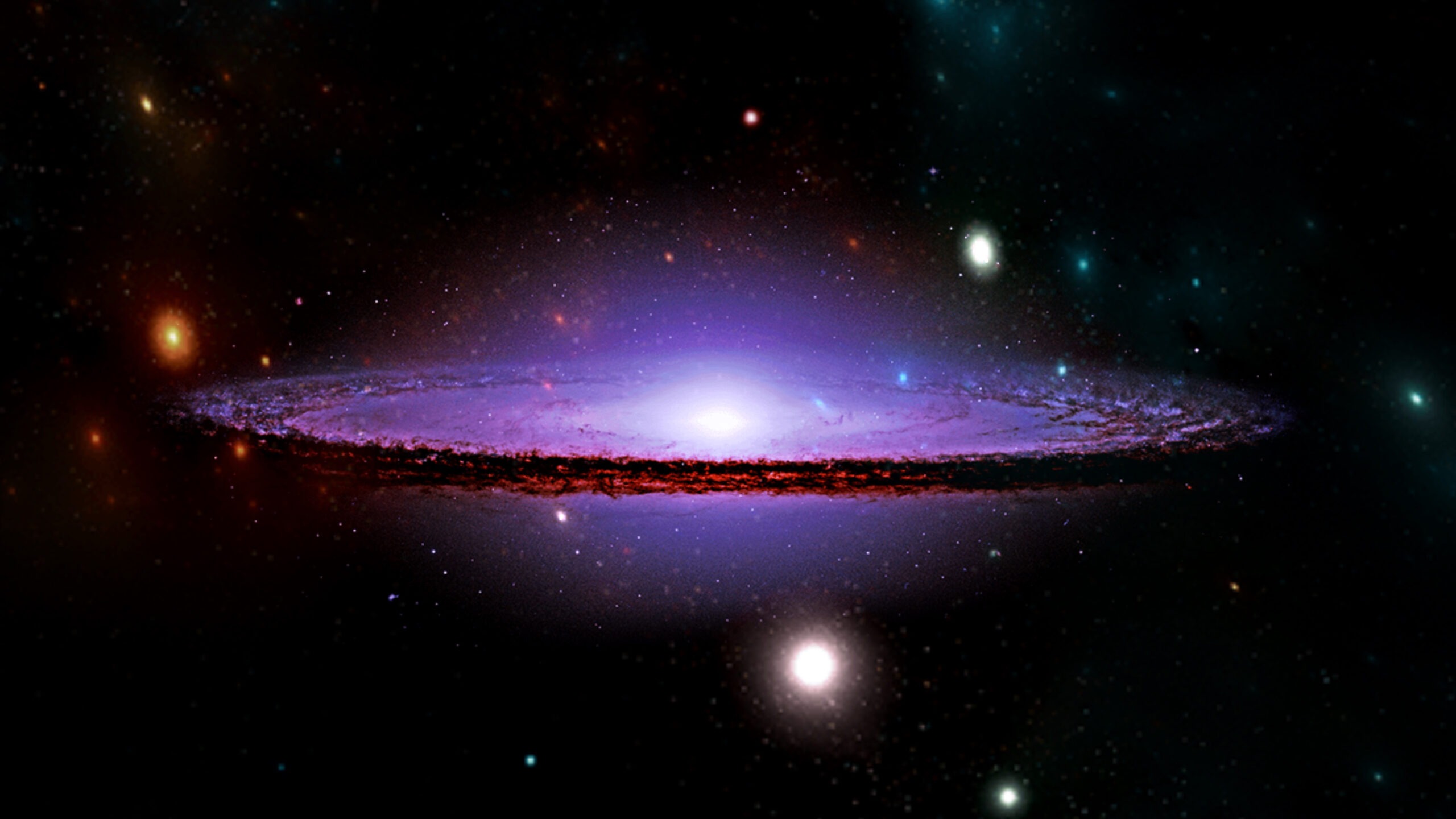The universe, with its vast expanse and countless celestial wonders, has captivated human imagination for centuries. From the enigmatic nature of black holes to the elusive properties of dark matter, the cosmos is replete with mysteries that continue to puzzle and intrigue scientists and astronomers worldwide. In this article, we delve into some of the most compelling mysteries of the universe, offering glimpses into the profound complexities that lie beyond our earthly realm.

Contents
- 0.1 1. Dark Matter and Dark Energy:
- 0.2 2. Black Holes:
- 0.3 3. Origin of the Universe:
- 0.4 4. Multiverse Hypothesis:
- 0.5 5. Dark Flow and Cosmic Void:
- 0.6 6. The Great Attractor:
- 0.7 7. Cosmic Microwave Background Radiation:
- 1 Exploring the Pros and Cons of the Mysteries of the Universe
- 2 Ethical and Philosophical Dilemmas:
- 3 Exploring the Enigmatic Cosmos: A Review of the Mysteries of the Universe
1. Dark Matter and Dark Energy:
Among the greatest mysteries of the universe are dark matter and dark energy, which together constitute the vast majority of the cosmos. Dark matter, believed to make up about 27% of the universe, exerts gravitational influence but does not emit, absorb, or reflect light, making it invisible and undetectable by traditional means. Dark energy, comprising roughly 68% of the universe, is responsible for the observed accelerated expansion of the universe, yet its nature remains largely unknown.
2. Black Holes:
Black holes are cosmic phenomena characterized by their immense gravitational pull, so strong that not even light can escape from them. While the existence of black holes is well-established, many questions remain regarding their formation, behavior, and ultimate fate. The study of black holes poses significant challenges to scientists, offering tantalizing insights into the fundamental nature of space, time, and gravity.
3. Origin of the Universe:
The origin of the universe, often referred to as the Big Bang, remains one of the most profound mysteries in cosmology. While the Big Bang theory provides a compelling framework for understanding the evolution of the cosmos from a hot, dense state to its present form, questions persist about what triggered the initial explosion and what, if anything, existed before it.
4. Multiverse Hypothesis:
The concept of a multiverse, or multiple universes existing parallel to our own, has emerged as a provocative hypothesis in modern cosmology. According to this theory, our universe may be just one of countless others, each with its own unique properties and physical laws. While speculative, the idea of a multiverse raises profound questions about the nature of reality and our place within the cosmic tapestry.
5. Dark Flow and Cosmic Void:
Dark flow refers to the observed movement of galaxy clusters across the universe at speeds inconsistent with the overall expansion rate. This phenomenon suggests the existence of large-scale structures or forces exerting influence beyond the known boundaries of the observable universe. Similarly, cosmic voids, vast regions of space largely devoid of matter, raise questions about the distribution of mass and energy in the cosmos.
6. The Great Attractor:
The Great Attractor is a gravitational anomaly located in the direction of the Hydra and Centaurus constellations, exerting a mysterious pull on galaxies within its vicinity. While its precise nature remains elusive, scientists speculate that it may be a massive concentration of dark matter or an as-yet-undiscovered supercluster of galaxies.
7. Cosmic Microwave Background Radiation:
The cosmic microwave background radiation (CMB) is the remnant glow of the Big Bang, permeating the universe as a faint, uniform glow of microwaves. Studying the CMB provides valuable insights into the early universe and the conditions present shortly after the Big Bang, shedding light on its composition, temperature fluctuations, and eventual evolution.
The mysteries of the universe are as vast and profound as the cosmos itself, challenging our understanding of space, time, and the fundamental laws of physics. From the enigmatic properties of dark matter and dark energy to the cosmic phenomena of black holes and the Big Bang, the universe continues to reveal its secrets to those who dare to explore its mysteries. As scientists and astronomers push the boundaries of human knowledge, the quest to unravel the mysteries of the universe remains one of the greatest intellectual endeavors of our time.
Exploring the Pros and Cons of the Mysteries of the Universe
The mysteries of the universe, with their vast complexity and enigmatic nature, have long fascinated humanity. From the profound questions surrounding dark matter and black holes to the origins of the cosmos itself, these mysteries offer both advantages and disadvantages in our quest for understanding the cosmos. In this article, we delve into the benefits and drawbacks of exploring the mysteries of the universe.

Pros:
Scientific Exploration and Discovery:
The mysteries of the universe serve as a driving force for scientific exploration and discovery. Scientists and astronomers are continually motivated to unravel these mysteries, leading to groundbreaking advancements in our understanding of the cosmos and the laws of physics.
Technological Innovation:
The pursuit of understanding cosmic mysteries drives technological innovation and development. Technologies such as telescopes, space probes, and particle accelerators are constantly being refined and improved to probe deeper into the mysteries of the universe, leading to practical applications in fields such as medicine, communications, and engineering.
Intellectual Stimulation:
Exploring the mysteries of the universe provides intellectual stimulation and challenges our preconceived notions about the nature of reality. It encourages critical thinking, creativity, and interdisciplinary collaboration among scientists and scholars from diverse fields.
Inspiration and Wonder:
The mysteries of the universe inspire awe and wonder, igniting curiosity and imagination in people of all ages. They encourage a sense of wonderment about the cosmos and our place within it, fostering a deeper appreciation for the beauty and complexity of the natural world.
Limitations of Human Understanding:
Despite our best efforts, there are inherent limitations to human understanding when it comes to unraveling the mysteries of the universe. Some phenomena may be beyond our current comprehension or may require new theoretical frameworks and experimental techniques to fully grasp.
Ethical and Philosophical Dilemmas:
The pursuit of understanding cosmic mysteries raises ethical and philosophical dilemmas, particularly regarding the implications of certain discoveries. Questions about the origins of the universe, the existence of extraterrestrial life, and the nature of reality provoke debate and discussion about our place in the cosmos and the ethical responsibilities that come with newfound knowledge.
Existential Uncertainty:
Delving into the mysteries of the universe can evoke existential uncertainty and philosophical introspection. Questions about the ultimate fate of the cosmos, the possibility of intelligent life beyond Earth, and the nature of consciousness can challenge our worldview and beliefs, leading to existential angst and introspection.
Resource Allocation:
The pursuit of cosmic mysteries requires significant financial, pulitoto intellectual, and material resources. Allocating resources to space exploration, astrophysical research, and cosmological studies may divert attention and funding away from other pressing societal issues, such as poverty, healthcare, and environmental sustainability.
The mysteries of the universe offer both opportunities and challenges in our quest for knowledge and understanding. While they inspire scientific exploration, technological innovation, and intellectual curiosity, they also present limitations to human understanding, ethical dilemmas, existential uncertainties, and resource allocation challenges. Despite these complexities, the pursuit of unraveling the mysteries of the universe remains one of humanity’s greatest intellectual endeavors, pushing the boundaries of our knowledge and expanding our understanding of the cosmos.
Exploring the Enigmatic Cosmos: A Review of the Mysteries of the Universe
The universe, with its vast expanse and boundless wonders, has captivated humanity’s imagination for millennia. In our quest to understand the cosmos, scientists and astronomers have uncovered numerous mysteries that continue to perplex and intrigue us. In this review, we delve into some of the most profound mysteries of the universe and examine the latest developments in our efforts to unravel them.

Dark Matter and Dark Energy:
Among the most perplexing mysteries of the universe are dark matter and dark energy. Dark matter, which comprises roughly 27% of the cosmos, exerts gravitational influence but remains invisible and undetectable by conventional means. Dark energy, constituting about 68% of the universe, is responsible for the observed accelerated expansion of the cosmos. Despite decades of research, the true nature of dark matter and dark energy remains elusive, presenting a major challenge to cosmologists and physicists.
Black Holes:
Black holes, with their intense gravitational pull, represent another enigma of the cosmos. These cosmic phenomena, formed from the collapse of massive stars, possess gravitational fields so strong that not even light can escape from them. While the existence of black holes is well-established, many questions remain regarding their formation, behavior, and role in the evolution of galaxies.
The Big Bang and Cosmic Origins:
The origin of the universe, commonly referred to as the Big Bang, remains one of the most profound mysteries in cosmology. According to the prevailing theory, the universe began as a hot, dense singularity approximately 13.8 billion years ago, expanding and cooling over time to form the cosmos we observe today. While the Big Bang model provides a comprehensive framework for understanding the universe’s evolution, questions persist about what preceded the Big Bang and the ultimate fate of the cosmos.
Multiverse Hypothesis:
The concept of a multiverse, positing the existence of multiple universes parallel to our own, has gained traction in recent years. According to this hypothesis, our universe may be just one of countless others, each with its own unique properties and physical laws. While speculative, the multiverse hypothesis raises intriguing questions about the nature of reality and the possibility of alternate universes beyond our own.
Cosmic Microwave Background Radiation:
The cosmic microwave background radiation (CMB) is the residual heat left over from the Big Bang, permeating the universe as a faint glow of microwaves. Studying the CMB provides valuable insights into the early universe’s conditions and the processes that shaped its evolution. Recent advancements in observational techniques have allowed scientists to map the CMB with unprecedented precision, shedding light on the cosmos’ infancy.
Conclusion:
In conclusion, the mysteries of the universe represent some of humanity’s most profound and enduring intellectual challenges. From the elusive nature of dark matter and dark energy to the cosmic phenomena of black holes and the origins of the cosmos itself, these mysteries continue to push the boundaries of scientific knowledge and inspire awe and wonder in all who contemplate them. As scientists strive to unlock the secrets of the cosmos, each new discovery brings us closer to unraveling the enigmatic mysteries that lie at the heart of the universe.
Read More Article About “Taylor Swift : An Inspirational Career Journey“

